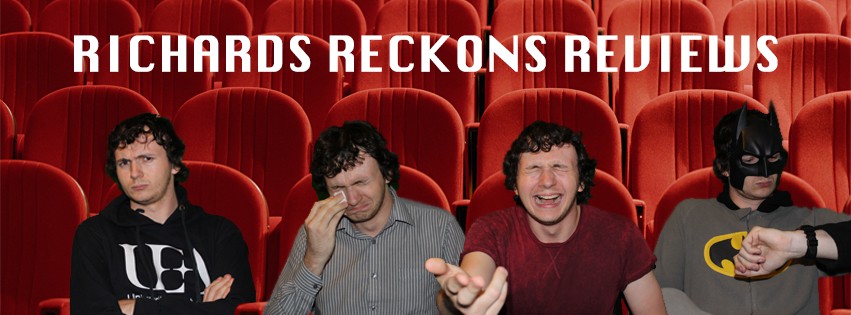There’s a joke about the word “happiness” I’d love to put here but I unfortunately won’t for deux reasons; 1) because it’s phonetic and this, in case you haven’t realised, is in print and b) they actually use it in the film. Basically, the word “happiness” sounds like a male sex organ. Worth it, eh?

Enough organ jokes, down to business. Hector and the Search for Happiness is a British comedy drama film (made by no less than 6 production companies), and the plot will follow after this cheeky semicolon; Hector (Simon Pegg), a psychologist who lives in a lovely flat in lovely central London with the lovely Clara (Rosamund Pike), decides that he for some reason doesn’t like his life and needs to set out on a trip around the world alone to investigate and research what happiness is, for the sake of himself and for the sake of his patients.

Similarities between this, The Secret Life of Walter Mitty and Eat, Pray, Love will all be made because, like those films, it involves somebody travelling the globe, often to more rundown areas, in order for them to truly appreciate their own life. As you can tell from the title and the concept, we follow Hector for quite a lot of the 120 minute run time – and played by Simon Pegg, it’s safe to assume you are in safe hands… er, safely. Or, at least, that’s what I thought, being a fan of the Peggster’s work for many years (thus earning the ability to call him “Peggster”). And, yes, Ol’ Si in areas does give it his all, with waterworks in all the various places they need to be.

But the fact of the matter is this; Hector is, in parts, actually an incredibly unlikeable lead character. Within days of being away from his girlfriend, he cheats on her without any regret whatsoever (and in fact suggests that this could be a “key to happiness”); after being in impoverished Africa, he celebrates the fact that he is on 1st class on the plane; he also has a tendency of being incredibly smug. Of course, I understand that not all protagonists are likeable or moral, but it certainly doesn’t help that he’s not even immoral in an interesting way like Don Draper, Walter White or Big Mac from Casualty (only joking, he’s a hero).

It’s filled with pseudo-philosophy and moral lessons that just feel so forced and whimsical it puts you off the whole thing as they appear in scribbled handwriting and little doodles on the screen. They’re exactly the sort of thing you write in a little book in stylised writing in your teens, then find it under your bed years later and cringe to death by how little sense they make; for example, one of them is “people who are afraid to die are afraid to live”, or “happiness is sometimes not knowing the whole story :(“, which appears as his little moral lesson as he sees a pimp drag off and beat a prostitute he had slept with the previous night. Poor him, not knowing the whole story. It’s just one of the occasions in which he feels sorry for himself and the audience pretty much wholly disagree with him.

There’s also an absolutely bizarre shift in gear to a very dark place about 5/9ths of the way through that really doesn’t work; maybe it would as a particularly dark denouement, but at that time it just seems oddly placed, like a nihilistic tortoise in the pilot’s seat of a helicopter. In fact, a lot of the pacing is erratic and jerky (perhaps the previous simile doesn’t apply here) – it certainly feels like a very long 120 minutes, and not a very funny one either.
There are also a lot of very good actors in this that are completely wasted – among the criminally under-used are Toni Collette, Stellan Skarsgård, Jean Reno and Tracy Anne-Oberman, all of whom only play very two dimensional characters. Rosamund Pike too suffers from, I suspect, her scenes being cut short – this may go some way to cover her character’s very strange mood shifts over the course of the Skype calls, which I sense are not on purpose.

All of these are the ingredients of a particularly lacklustre and irritating end result, full of stereotypes bordering on offensive, overly fluffy and whimsical segments and “redemption” that doesn’t feel deserved at all. Simon Pegg gives it his all but the central character is burdened with terrible, unlikeable decisions and a central relationship that doesn’t quite make sense. The search for happiness certainly is not found in a screening of this, lemme tell ya (ZING!).

